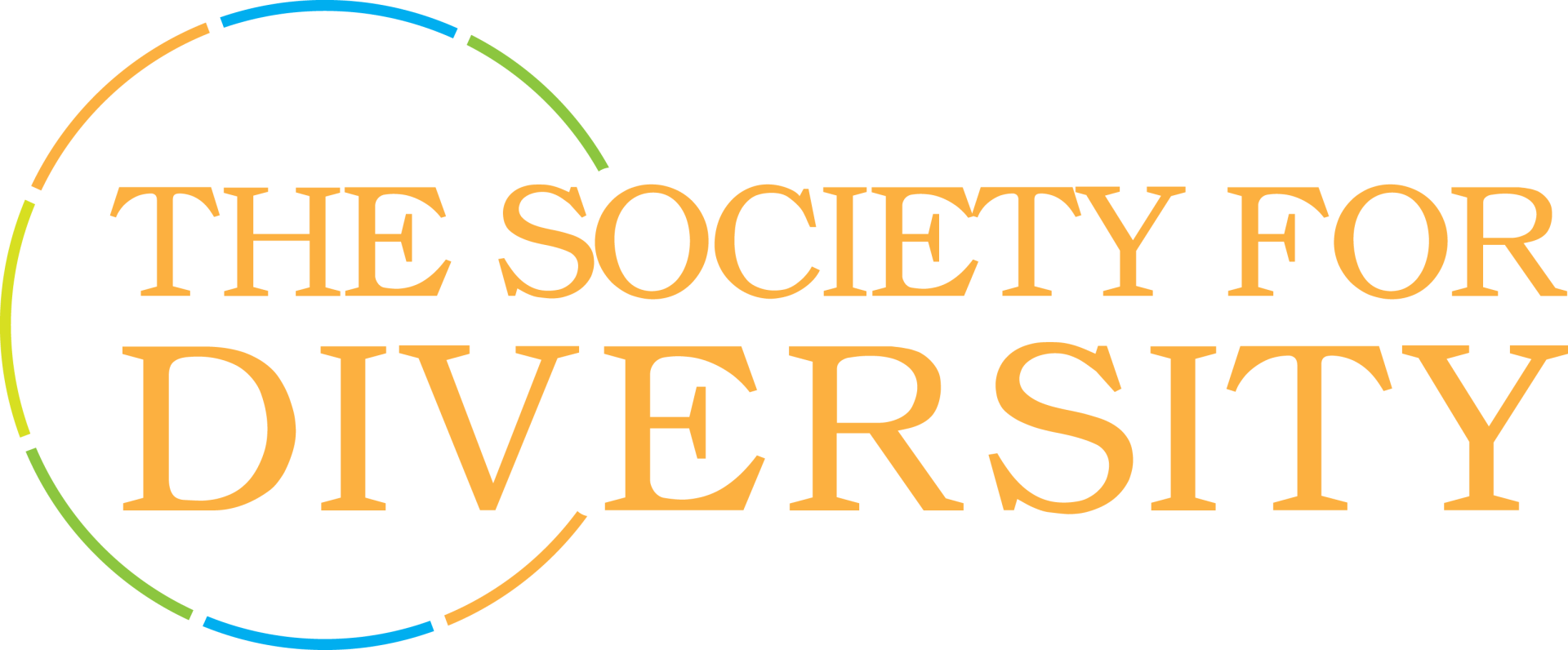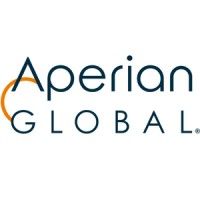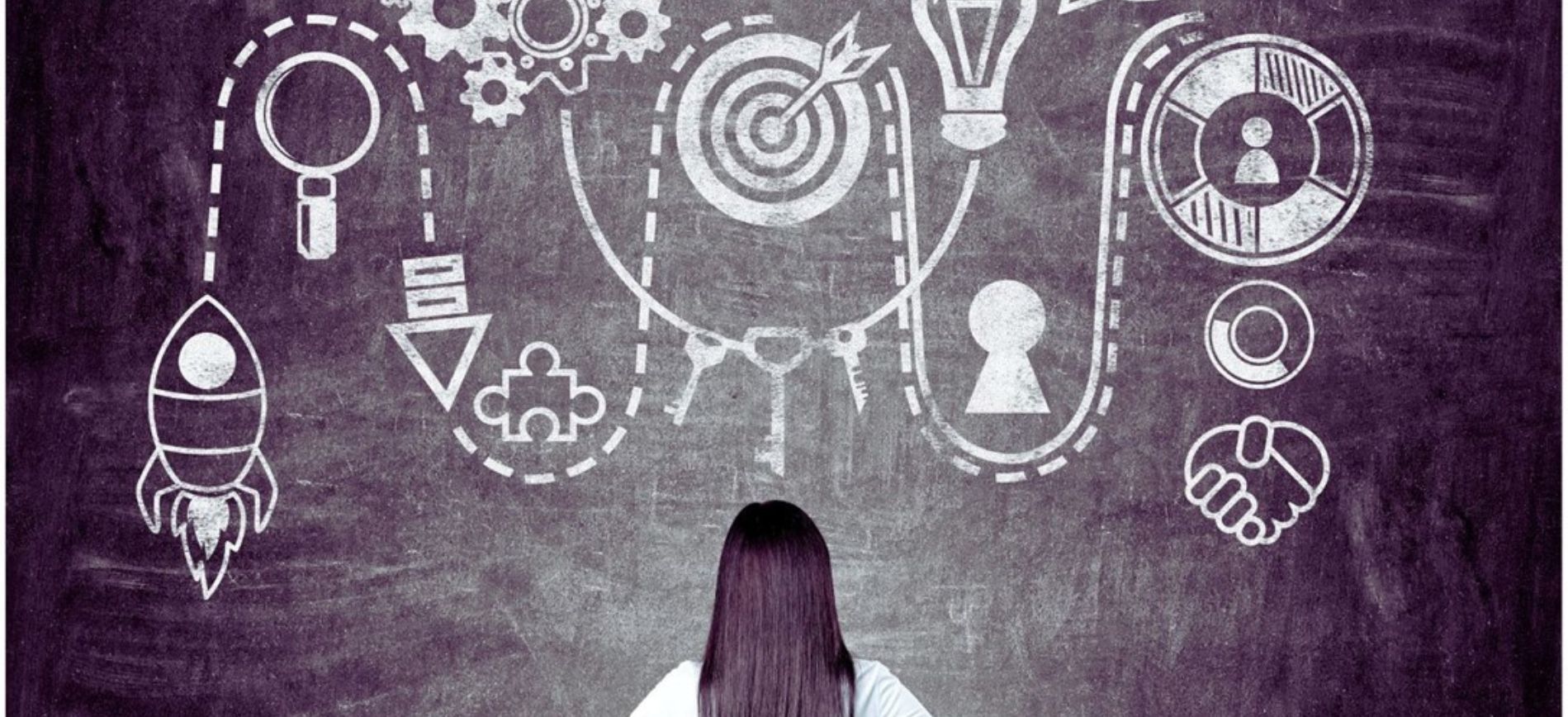In 2023, women still earn less than men, are less represented in leadership, and endure gender discrimination and systemic disadvantages for their career development.
According to the Women in the Workplace report from McKinsey and LeanIn.Org, women leaders are leaving their companies at the highest rate ever and the gap between women and men in senior roles quitting their jobs is the largest it’s ever been since the start of tracking these numbers in 2015. Put simply, women are not getting the support they need from employers to be successful and avoid burnout. Additionally, not only are women leaders leaving their positions, but a “broken rung” at the first step up to manager means women are at a disadvantage early in the leadership pipeline.
Here are some practical ways organizations can start fixing these problems today:
1. Coproduction
Utilize the coproduction (also known as co-design or co-creation) framework: an approach to designing solutions in which community members are equal collaborators in the production process. When developing strategies to address roadblocks for women’s advancement, ensure you are both listening to the women in your organization and involving them throughout the process to ensure these efforts will truly meet their needs. Additionally, establish fair representation among your leadership—without this, decisions affecting women (and other marginalized communities) are being made by executives who most likely do not fully understand the scope of the issues women face.
2. DEI learning journeys for people leaders
According to a new global study by UKG, for almost 70% of people, their manager has more impact on their mental health than their therapist or their doctor—and it’s equal to the impact of their partner. More and more, it is being revealed the extent to which a manager has an impact on their direct reports’ wellbeing. Additionally, many mid-level managers are stressed by the pressure of implementing strategy on behalf of senior leaders and adequately supporting their direct reports. Rectifying managers’ workloads and stress levels has a beneficial ripple effect, and all employees (women especially) are better positioned to thrive in their roles with DEI learning journeys for people leaders that cover topics including unconscious bias, intersectionality, gender diversity, and psychological safety.
3. Fair pay, recruitment, and promotions
Pay transparency and clear paths for career growth go a long way for women’s advancement. Analysis of more than 2 million employees around the world shows that a company’s culture and values are the top factor for whether they would recommend their employer as a place to work, followed by career opportunities, which proved to be 4.5 times more important than salary and benefits. Equal pay is certainly a top priority for achieving global gender equity, but do not underestimate the value of internal growth opportunities. Make a longer shortlist when recruiting and promoting; even adding an additional three candidates to a shortlist has proven to move the needle for women. Gender inequities can be inherent in informal recruitment processes, particularly in male-dominated industries. To remedy this, use skills-based assessments and structured interviews to reduce the risk of bias, and consider candidates’ unpaid labor, including serving on DEI committees, organizing team gatherings, and taking notes in meetings, which are common tasks women take on that do not lead to promotions or advance their careers.
4. Mentorship and sponsorship
When it comes to recruiting and promoting, expand your assumptions of who would be fit for various roles. One way to actively reduce your unconscious bias is to be more aware of your workers’ career goals, skills, and potential. Mentorship and sponsorship go a long way for advancing women’s careers within your organization. Many are probably aware of how women benefit from having a mentor to help break down barriers to promotion, but be sure to consider the reverse: having women mentor men can benefit both parties—and society at large—by allowing people to become more aware of different work styles and realities people experience in the workplace. With this mentorship strategy, men should have DEI training experience to ensure the psychological safety and wellness of the women. Organizations need to ensure the psychological safety and wellness of women mentors, which can be achieved by having mentees go through DEI training around bias and/or allyship, and for the mentors on self-advocacy. Additionally, both parties should agree on expectations and put them in writing at the start for accountability and to ensure mentors do not take on responsibilities outside of scope.
5. Work-life balance
No matter what strategies you choose to lean into at this time, be sure you aren’t asking women to shoulder the burden. As mentioned previously, women already take on more work that doesn’t lead to career advancement and efforts that intensify this burden do more harm than good. Not only that, but the pandemic exacerbated the inequities women around the world face both within the workforce and the home. Consider ways you can cultivate a healthy work-life balance for your employees, especially the women, including newer strategies that prioritize good mental health and ensuring fair parental leave. Prioritizing a healthy work-life balance has a resounding effect: two-thirds of women under 30 say they would be more interested in advancing if they saw senior leaders with the work-life balance they want.
Everyone has something to gain from more equitable systems, processes, and collaboration in the workplace, and these strategies can help actively support women’s career advancement and contribute to a global workplace that is fair for everyone. Women leaders are significantly more likely than men leaders to leave their jobs to work for a company that is committed to employee wellbeing and DEI. These factors are only becoming more important not just to women, but individuals around the world. It is therefore imperative to create equity that honors the intersectionality present in today’s workforce.
Want to create better equity in your organization?
LET'S GET STARTED







